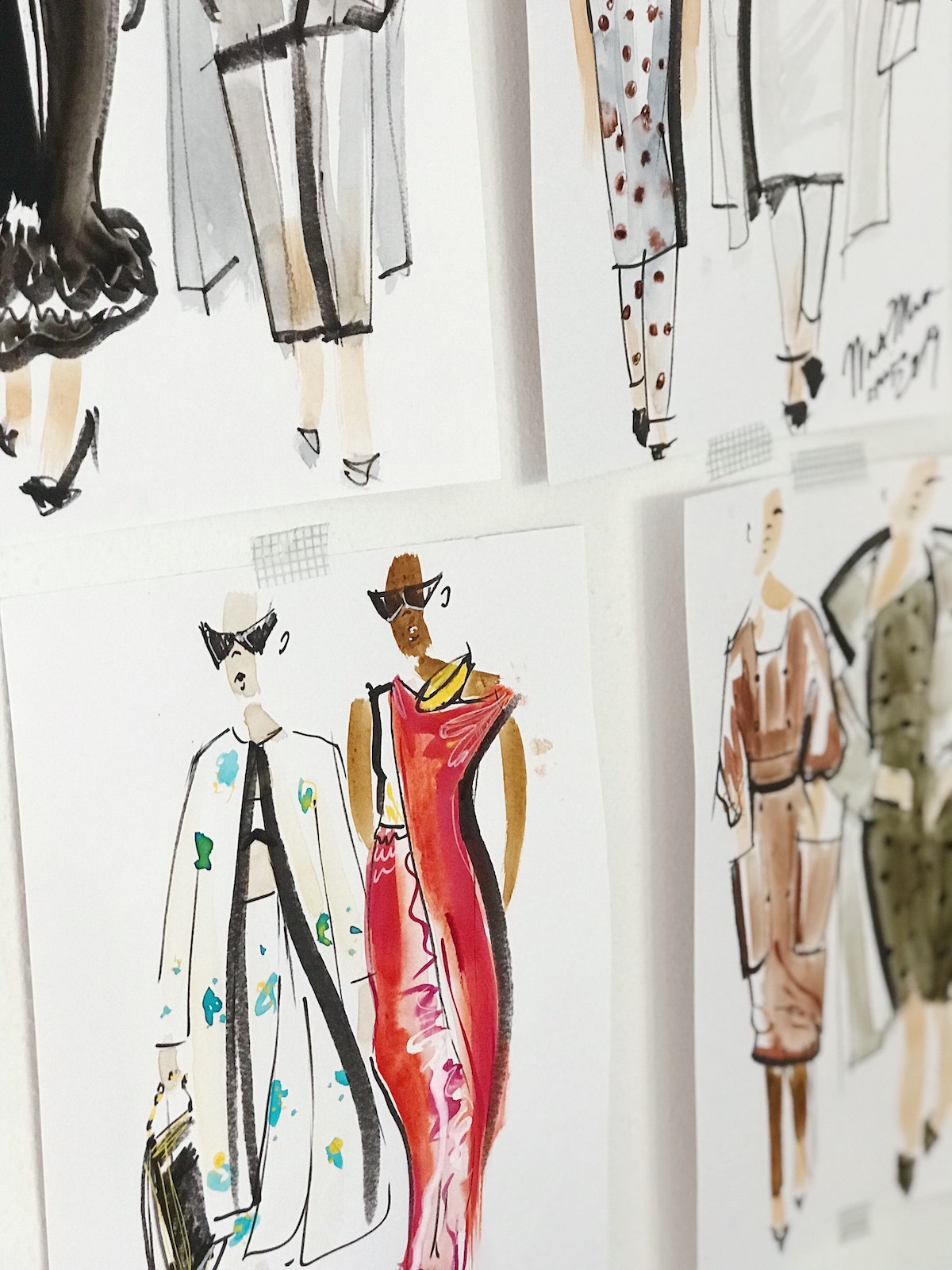Overall, ethical fashion can be summarized as pieces of clothing that are produced and circulated without causing damage to other people or our planet. This means more worker rights for those that produce and distribute the clothing and decreasing the carbon footprint of the clothing production. Mass production contributes a large percentage of the harmful acts against our planet and has created a damaging cycle within the worker industry. Production on a large scale like this often leads to a lack of quality and a lack of care for members of staff.
The Damage Caused by Mass Production
To expand on the point above, mass production of cheap clothing has led to the lowering of workers’ rights for the  individuals that make the clothes. This has created dangerous work environments in factories and has even become a child labor issue, too. With the lowering of wages, sometimes reducing so much to the point that it’s below the living wage, workers are being overworked and underpaid. This money goes straight into the company’s pockets instead of to those that actually work hard to produce the clothing. Cheap materials make cheap clothing, and with the rise and trend of cheap fashion, this is becoming a global problem.
individuals that make the clothes. This has created dangerous work environments in factories and has even become a child labor issue, too. With the lowering of wages, sometimes reducing so much to the point that it’s below the living wage, workers are being overworked and underpaid. This money goes straight into the company’s pockets instead of to those that actually work hard to produce the clothing. Cheap materials make cheap clothing, and with the rise and trend of cheap fashion, this is becoming a global problem.
- The workers are known to:
- Work extremely long hours
- Be increasingly underpaid
- Work in horrible conditions
- Work in a space that can often be dangerous and lead to many injuries every year
Workers’ rights are an incredibly important part of a business to ensure the safety of the staff and an overall ethical image.
The Rise of Ethical Fashion
Luckily, many brands that have always been ethical are starting to gain recognition. This is due to awareness being shared on social media about the importance of ethical fashion and why society should be paying attention to it. This has led to companies starting to be more transparent about how they produce and distribute their products and has forced many of them to change their usual ways.
Ethical fashion is also about being inclusive and diverse. Once again, social media has contributed to awareness being spread about the lack of representation in the fashion industry. Companies then changed their ways of marketing and started to produce more plus-sized clothing. The important thing to remember here is that there are brands out there that were already being inclusive, such as froxx.co.uk. These brands have always been inclusive and should be credited for their hard work when working against societal norms.
The Problem with Fast Fashion
The mass-produced bulk of clothing is named “Fast Fashion” due to the speed at which it can be made and distributed to physical and online stores, contributing not only to unethical actions towards human rights but also to environmental issues. Fast fashion has also been harmful to stores that actually follow ethical rules. Society has been spoilt with instant access to everything, such as fast-food delivery and the internet. This then spills into the attitude towards clothing, making people want new clothes immediately.
Long Way to Go
The fashion industry has started to move in the right direction when it comes to being more ethical and reducing the harm to the environment. Companies have been asked to stay transparent with customers about where their products are coming from and how they were made, leading to an improvement in workers’ rights. However, there is still a long journey until unethical fast fashion is obsolete.
















